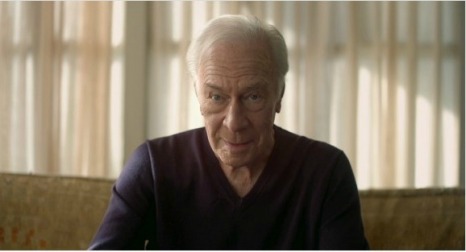See my remaining picks in the major categories here.
Movies are an art, not a science. And yet The Academy, save for a few eye rolling hiccups each year, operates like clockwork. Predicting the winners at the Oscars is as simple as playing the horses at the track, so here’s your betting form for the big race on Sunday night.
Best Adapted Screenplay
The Descendants: 40%
“The Descendants” is bound to win something, and because it’s a screenplay that greatly differs from the source material and comes from a director and screenwriter who hasn’t put out a movie in six years, it’s looking more and more certain.
Moneyball: 30%
“Moneyball” is a serious contender in this category for the way in which it adapts a fact based, nonfiction book into a story with likeable and pathos filled characters. It also comes from last year’s winner, Aaron Sorkin and other Oscar fave Steven Zallian.
Hugo: 20%
“Hugo” isn’t exactly a writer’s movie, but Brian Selznick’s children’s book is surprisingly rich and colorful, and somehow John Logan tops it.
Tinker, Tailor, Soldier, Spy: 5%
The Ides of March: 5% Continue reading “Oscars 2012: Will Win (Part 1)”

